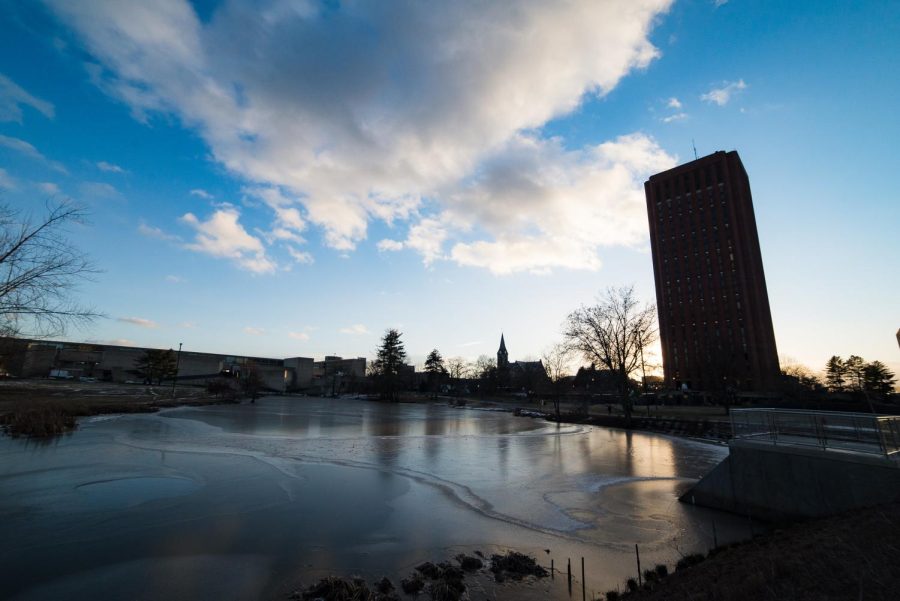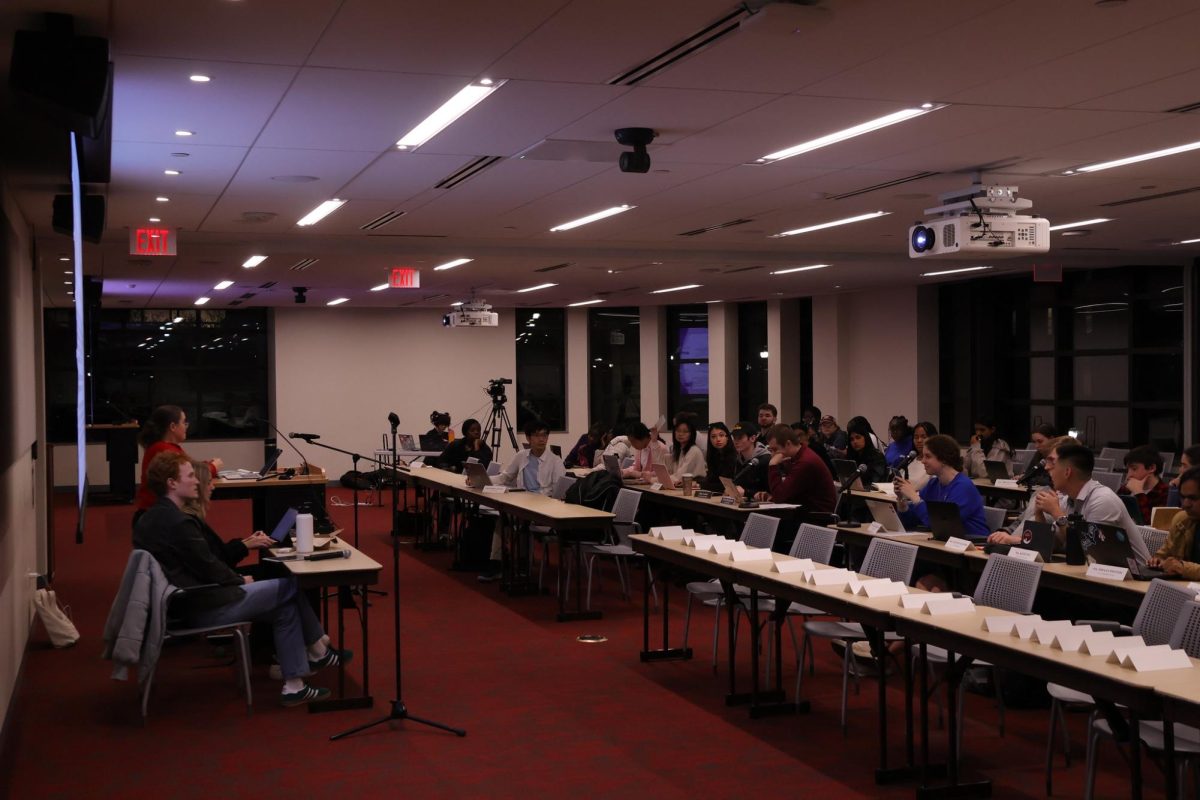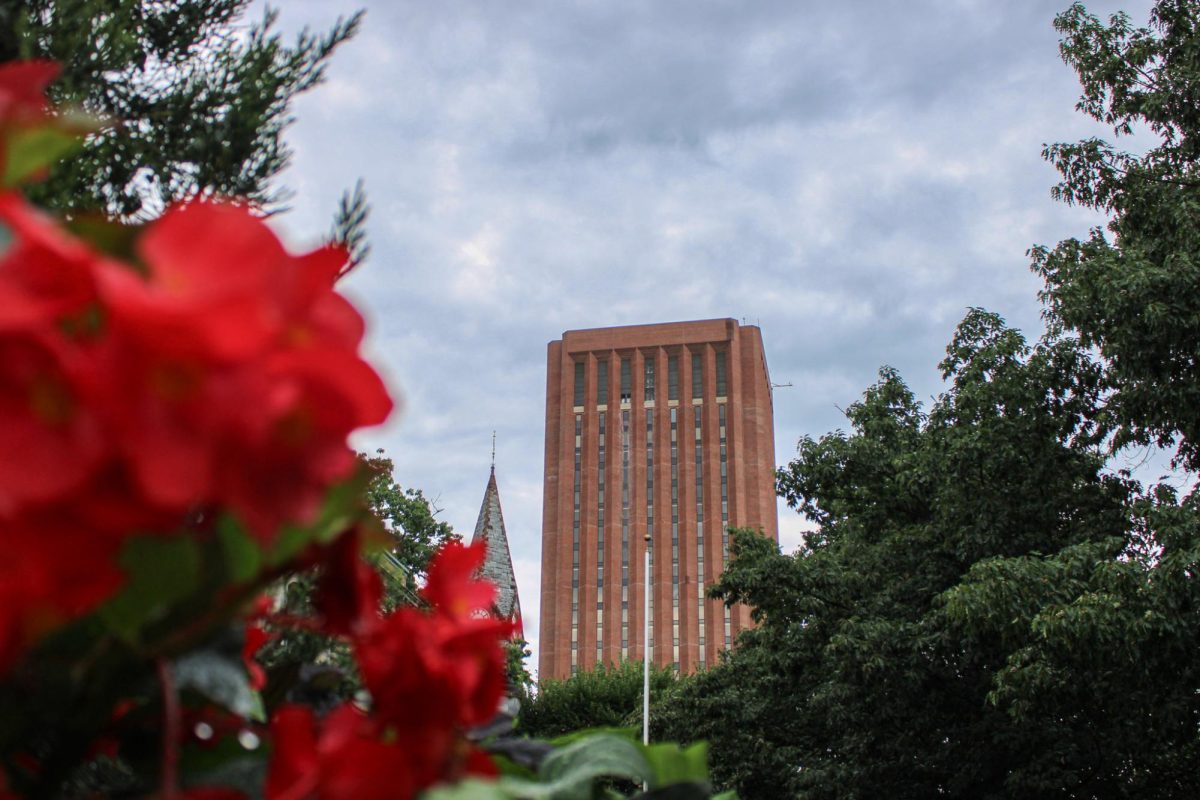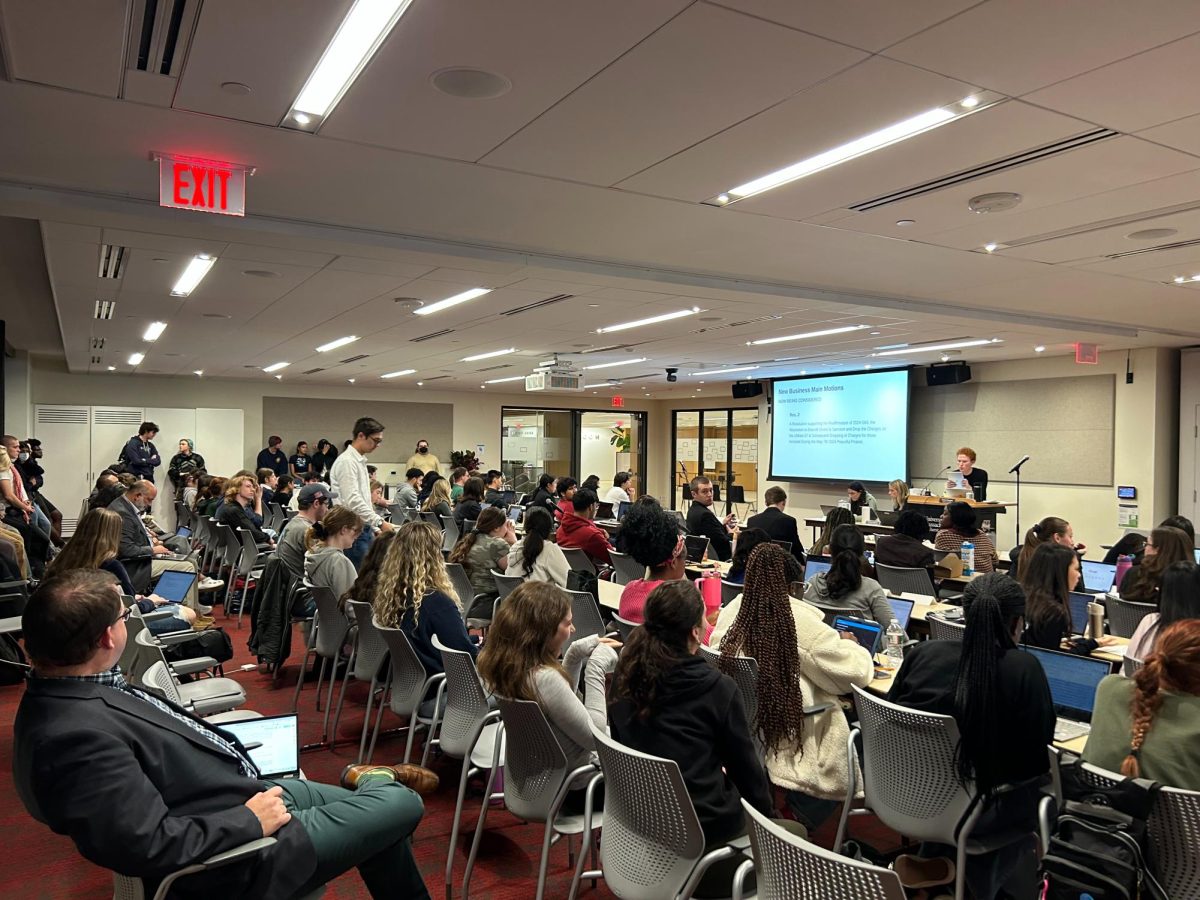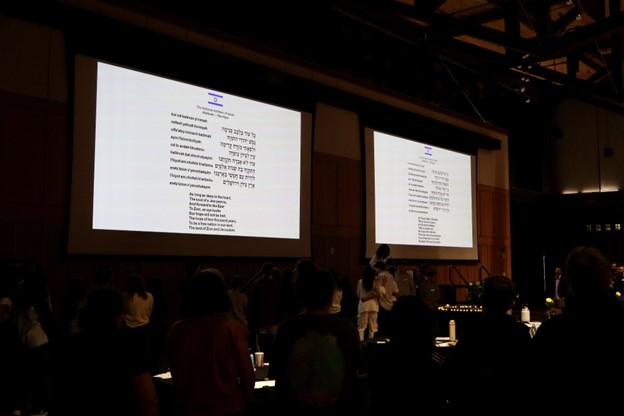The Oct. 2022 presidential election in Brazil was not contained within its borders. Massachusetts has a historically large Brazilian immigrant population, and therefore, many Brazilian-American students at the University of Massachusetts were not immune to the consequences of the recent presidential election and the political events that followed.
A presidential election entrenched in the past:
On Oct. 30, 2022, Brazilian voters chose Luiz Inácio Lula da Silva of the Workers Party, commonly referred to as Lula, over the incumbent President Jair Bolsonaro. This election was widely considered the most important election since the fall of the military junta and the democratization of the county.
Lula was a trade unionist who fought against the military junta and was a crucial figure in the democratization of Brazil. A founder of the Workers Party in Brazil, he has already completed two terms as president. His first term, from 2003-2010, was characterized by a reduction in poverty, inequality and illiteracy, and an increase in economic growth. But the Workers Party was implicated in many corruption scandals, especially during Lula’s first term. Most notably, the Party was involved in the mensalão scandal, in which the Workers Party was accused of buying votes from deputies.
Lula was succeeded by his Chief of Staff Dilma Rouseff. Her presidency ended after she was impeached in 2016 during the wider lava jato (car wash) corruption scandal. Lava jato was an alleged kickback scheme in which officials at the state-owned oil company Petrobras and members of the Workers Party received bribes in exchange for contracts to the Brazilian companies that provided the bribes.
Lula was convicted for his role in this scandal and disqualified from running in the 2018 presidential election. In March 2021, the Supreme Federal Court of Brazil (STF) annulled his conviction, alleging judicial bias.
Jair Bolsonaro is considered the politically polar opposite figure to Lula. Bolsonaro, a former military captain, was elected to the Chamber of Deputies from the state of Rio de Janeiro in 1991. He is known as a right-wing firebrand, vocally opposing same-sex marriage, abortion and secularism.
Bolsonaro ran in the 2018 presidential election, winning 55 percent of the vote. He campaigned on a promise to fight corruption and restore the fledgling economy. The campaign was contentious and dramatic, as Bolsonaro was stabbed during a campaign event just weeks before the election.
His campaign can be summarized by his now famous slogan, “Brasil acima de tudo, Deus acima de todos,” which means “Brazil over everything, God above everyone.”
Bolsonaro’s presidency brought deregulation, deforestation in the Amazon and a slight increase in economic growth. He filled key cabinet positions with army officers. His administration was widely criticized for its response to the COVID-19 pandemic, in which Brazil currently has the second-highest death toll and third-highest number of infections. Bolsonaro repeatedly downplayed quarantine measures, masks and vaccines.
Coming into 2022, Bolsonaro sowed distrust in the electoral system, predicting election fraud multiple times. The election was one of the closest in Brazilian history, with Lula winning by a very slight margin, 50.9 percent of the vote.
Brazilian politics is a result of its history:
Luiz Amaral, director of Portuguese and Brazilian studies at the University of Massachusetts, noted that Brazilian politics cannot be seen through an American lens.
“American history has strong democratic institutions, a military that has never played a part in overthrowing a government and an independent Supreme Court … In Brazil, that is not the case,” he said. “The first thing we need to understand about the reality of the elections in Brazil is that the Brazilian Republic was born in 1889 out of a military coup.”
According to Amaral, Brazilian history can be considered like a pendulum, swinging back and forth from a form of democracy to a military dictatorship. Since 1985, Brazil has maintained the longest stretch of democratic governance in its history.
“The second thing we have to understand is that a lot of the players that played a role in the election were the same players during the previous military dictatorship in Brazil, either on one side or the other,” Amaral said.
Bolsonaro was a military captain during the junta and was born out of that culture. Lula was a trade unionist who fought against the military dictatorship and ultimately played a critical role in its downfall.
“The military in Brazil still believes to this day that they have some sort of ‘moderating’ power in Brazil,” Amaral said. He said that this context can be used to explain the “pseudo-dictatorial actions” of Bolsonaro before the 2022 election. The STF was the only body preventing him from taking full control of the country. Amaral said that Bolsonaro’s election promise to reorganize the STF was a point of worry for the democratic institutions in Brazil.
While discussing what was at stake for the election Amaral said, “If Bolsonaro were to stay four more years the STF would be completely destroyed … and he would’ve solidified the playbook for the end of democracy.”
After the election, Lula took power on Jan. 1, 2023. On Jan. 8, zealous supporters of former President Bolsonaro stormed the Praça dos Três Poderes (the Three Powers Plaza), the center of the Brazilian Federal Government, in a failed coup. According to Amaral, this attempted coup was encouraged by the military, in opposition to the new president.
“The military was really happy with Bolsonaro because Bolsonaro began to give government contracts to military men, like the previous military junta…a lot of the people who were arrested were military men and their family members,” Amaral said.
After the attacks on Brazilian democratic institutions, Amaral is cautiously optimistic for the next four years.
“I hope that some of the legal loopholes for another person like Bolsonaro will be closed. I hope that the political forces in Brazil will be able to rebuild the center-right in Brazil to push the far-right to the fringes again … but things can go very wrong,” he said. “If Lula cannot manage to secure a stable economic situation for the country, there is a real political risk.”
UMass students remain connected to Brazil’s political developments:
There is a large Brazilian immigrant population in Massachusetts, and UMass is home to a Brazilian community that was not immune to the political developments in the country. Pedro De Almeida, a Brazilian international student and a Ph.D. candidate in the economics department, explained the struggles that have occurred within his family and families all around Brazil.
“I have an uncle who can’t get a job anymore, he’s super qualified but there is ageism that prevents him from getting a job,” De Almeida said. “He is extremely unhappy and the whole narrative around taking Brazil back from the poor, taking away from the poor, making Brazil efficient appealed to him. I can’t even talk to him anymore.”
De Almeida is ambivalent about his hopes for Brazil over the next four years. “I feel good about certain things. I can trust the government will not do things that will definitely harm people,” he said. “But I am not sure they have the political power to do the dramatic reforms that we need to grow economically.”
Hasani Santos, a Brazilian Fulbright Scholar from the University of Sao Carlos, expressed cautious optimism for the next four years. “I could only describe the four years of Bolsonaro’s presidency in one word, disillusion,” he said.
Santos said his disillusionment occurred with the institutions that supported Bolsonaro and the effect on public higher education in the country.
“Once Bolsonaro won, I became very disillusioned with my career. I had a plan in higher education, but there was a sense of fear in those plans during the Bolsonaro years,” he said. “I formed a plan B. I began to take technical courses because I recognized the great struggle of becoming a sociologist in Bolsonaro’s Brazil.”
However, Santos’ attitude began to change once Lula won, especially regarding his perspective of higher education. He recalled how the federal university system came to be.
“The federal university system was set up by the authoritarian military regime for the technological modernization of Brazil,” Santos said. “But the universities became the centers of the counterculture and discourse against the military regime.”
Santos said that investment into these universities is like an investment into Brazilian democracy, as the universities were centers for democracy during the military regime.
“What Lula needs to do is to fix everything the Bolsonaro administration did wrong and then improve upon their fixes,” he said. “This is [going to] be very difficult and I recognize that many things I hope to happen won’t happen. But hope is the one thing that gets us out of bed and gets us to work.”
Sam Cavalheiro can be reached at [email protected].

